Written by Marco Ramerini. English text revision by Dietrich Köster. The Portuguese town of Chaul lies about 350 kilometers north of Goa and 60 kilometers south of Bombay (Mumbai) at the mouth of the Kundalika river near the village of Revdanda. Chaul was located on the low northern bank, opposed to a promontory on the […]
Written by Marco Ramerini. English text revision by Dietrich Köster. Bassein-Vasai (Baçaim) is situated at about 70 kilometers north of Bombay on the Arabian Sea. It lies on an island at the mouth of a river and was thanks to this position easily defensible. The city, which belonged to the Kingdom of Cambay, was a […]
Written by Marco Ramerini. English text revision by Dietrich Köster. On the Bay of Bengal there was a rather peculiar form of Portuguese settlements. Indeed this coast was not conquered militarily like the Malabar coast, but was colonized pacifically by groups of “Casados” (married men of the reserve army), beginning in the 1520s. SÃO TOMÉ […]
Written by Marco Ramerini. Photos by Geoffrey A. P. Groesbeck Santa Ana de Velasco is a small village in the department of Santa Cruz in the Amazonian plains of Bolivia near the border with Brazil. The village lies at an altitude of 464 metres and at about 40 km south-east of San Ignacio de Velasco. The mission of Santa Ana de Velasco […]
Written by Marco Ramerini. Photos by Geoffrey A. P. Groesbeck San Javier is a small town in the department of Beni in the Amazonian plains of the State of Bolivia. The city lies at an altitude of 537 metres between the Rio Paquius and the Río San Julián. The town of Concepcion is located 60 km north-east, […]
Written by Marco Ramerini. Photos by Geoffrey A. P. Groesbeck This mission is located in the town of San Rafael de Velasco which is located in Eastern Bolivia, about 40 km east of the city of San Miguel de Velasco and approximately 470 km north-east of the city of Santa Cruz de la Sierra. The city lies at an altitude […]
Written by Marco Ramerini. Photos by Geoffrey A. P. Groesbeck This mission is located in the town of San Miguel de Velasco which is located in Eastern Bolivia, about 30 km south of the city of San Ignacio de Velasco. The city lies at an altitude of 485 meters in the region of Chiquitanía, an unspoilt area of Bolivia […]
Written by Marco Ramerini. Photos by Geoffrey A. P. Groesbeck This mission is located in the town of San Ignacio de Velasco which is located in Eastern Bolivia, about 480 kilometers north-east of the city of Santa Cruz de la Sierra on a hill near the headwaters of the river Paragua. The town is located at a height […]
Written by Marco Ramerini. Photos by Geoffrey A. P. Groesbeck This mission is located in the town of Concepción which is located in Eastern Bolivia, about 280 km north-east of the city of Santa Cruz de la Sierra. The mission of Concepción was founded in 1699 by the Jesuits Fr. Francisco Lucas Caballero and Fr. Francisco Herbás. A […]
Evanescence and Permanence: Toward an Accurate Understanding of the Legacy of the Jesuit Missions of Chiquitos. Written by Geoffrey A. P. Groesbeck – Part 2: How Many Jesuit Missions Were Founded? Who Constructed the Mission Churches? Another often-repeated error is that the first permanent (not provisional) churches of the mission complexes, or conjuntos misionales, of […]
Evanescence and Permanence: Toward an Accurate Understanding of the Legacy of the Jesuit Missions of Chiquitos. Written by Geoffrey A. P. Groesbeck This article and its companion piece, “The Long Silence: The Jesuit Missions of Chiquitos after the Extrañamiento”, are two halves of a whole, written primarily to remedy the fact that no accurate historical […]
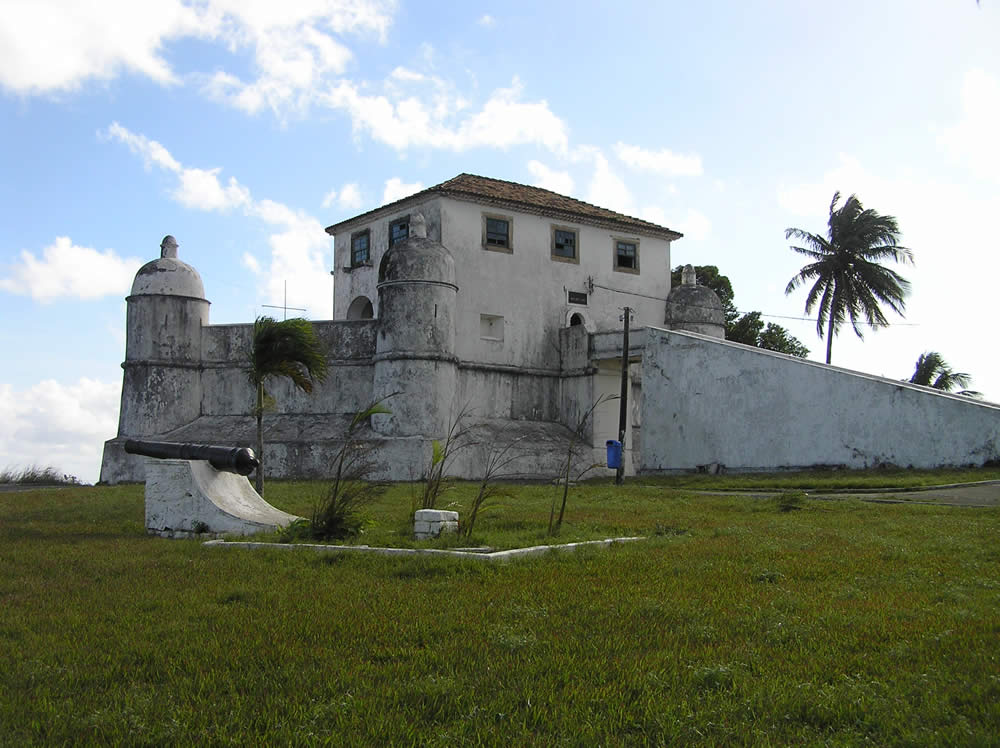
Written by Marco Ramerini. English text revision by Dietrich Köster. Right from the founding of the city the Portuguese started with the construction of a defensive system against foreign invasions, which occurred until the 18th century. The main works of fortification were executed after the Dutch conquest of the town (1624-1625) and the successive reconquest […]
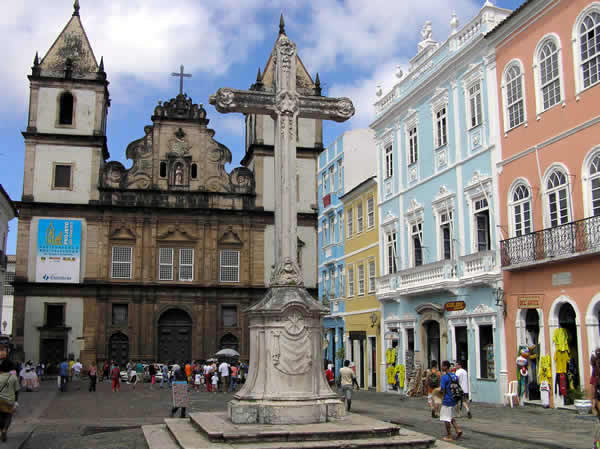
Written by Marco Ramerini. English text revision by Dietrich Köster. The Florentine Amerigo Vespucci, on 1 January 1502, came to a gulf at 13° latitude south, to which he gave the name Bahia de Todos Santos, on the shores of which the city of Bahia now stands. Salvador was founded in 1549 by Tomé de […]
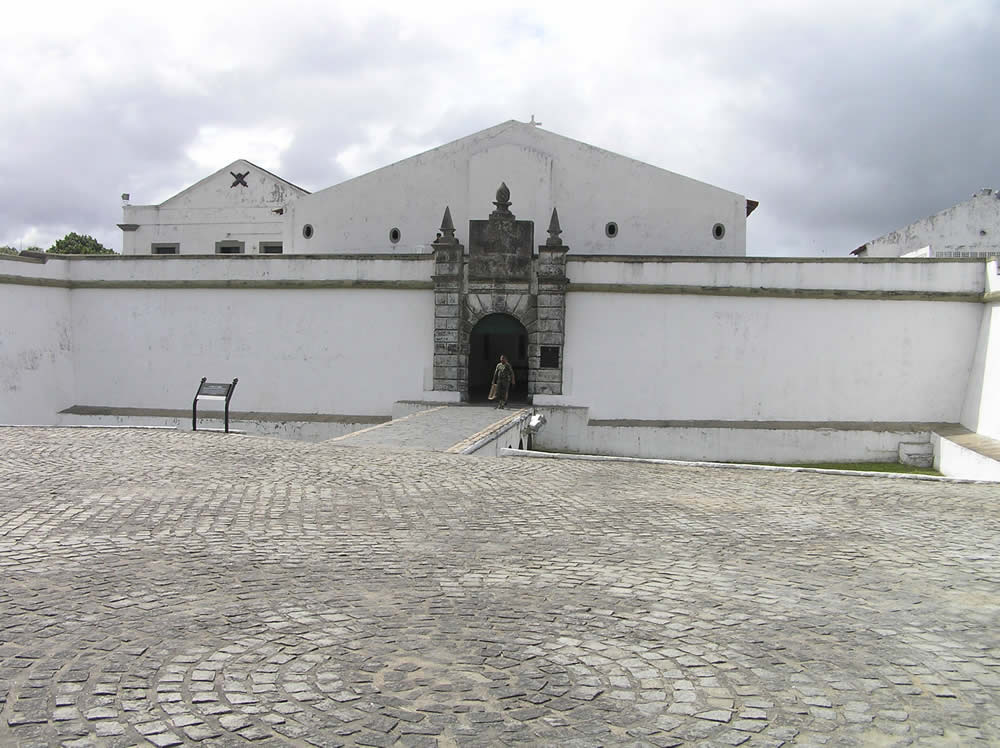
Written by Marco Ramerini. English text revision by Dietrich Köster. FORTE DO BRUM One of the most important remains of the Dutch rule in northeast Brazil is the Forte do Brum (Fort de Bruyne), on the northern end of Recife island. The fort was originally started to built in 1629 by the Portuguese, when the […]
Written by Marco Ramerini. English text revision by Dietrich Köster. Recife is now the capital of the Brazilian state of Pernambuco. Until the 17th century the city was a small village near the capital of the Capitania of Pernambuco, Olinda. In 1630 with the Dutch conquest of northeastern Brazil, Olinda was burned by the Dutch, […]
Written by Marco Ramerini. Brazil was discovered, almost by accident in 1500 by a Portuguese expedition live in the East under the command of Pedro Alvares Cabral. Cabral ‘s expedition followed the sea route to India traveled recently by Vasco da Gama, sailing around Africa. The expedition – to avoid the equatorial calms – followed a route […]
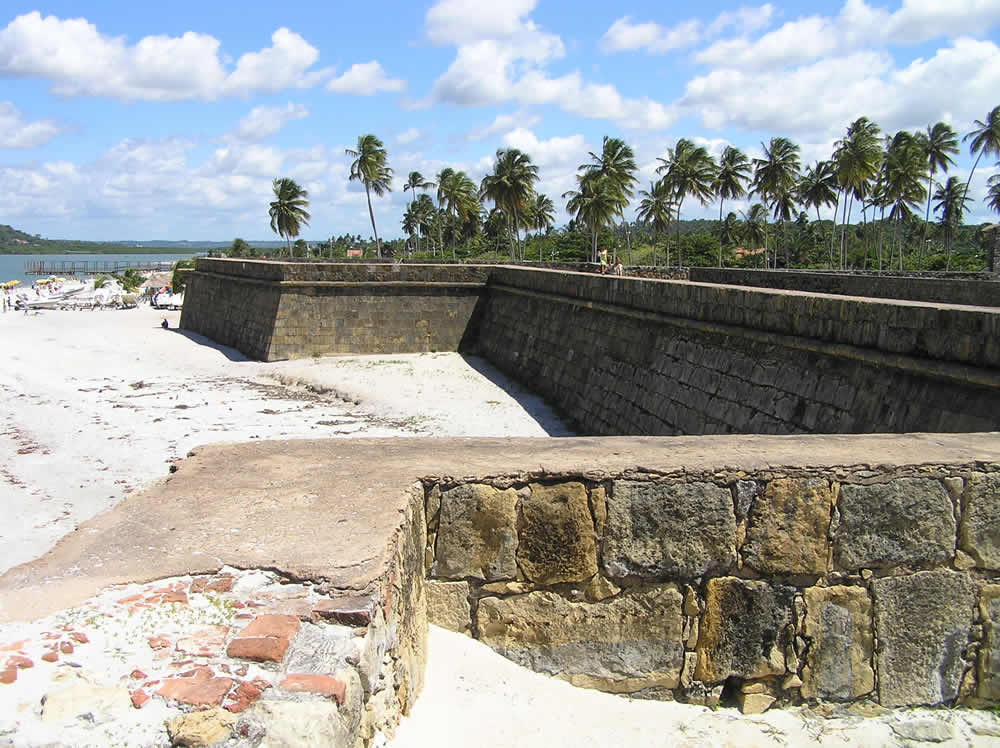
Written by Marco Ramerini. English text revision by Dietrich Köster. Fort Orange is situated 60 km north of Recife (Pernambuco). In this area the Portuguese founded a trading factory (feitoria) in 1516. On 1 September 1534 the King of Portugal created the “capitania” of Itamaracá. It was given to the donatarian Pero Lopez de Sousa. […]
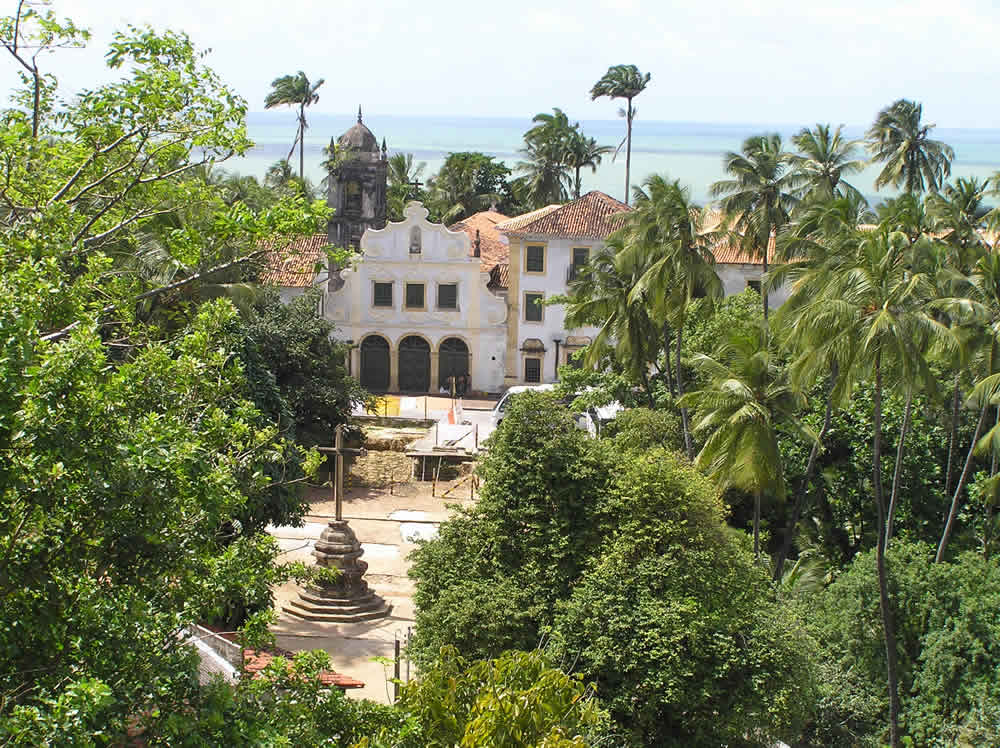
Written by Marco Ramerini. English text revision by Dietrich Köster. The city of Olinda, which is located a few kilometers north of Recife, was founded by the Portuguese in 1535 and was one of the first settlements founded by Europeans in Brazil. At the beginning of the 17th century the city became the capital of […]
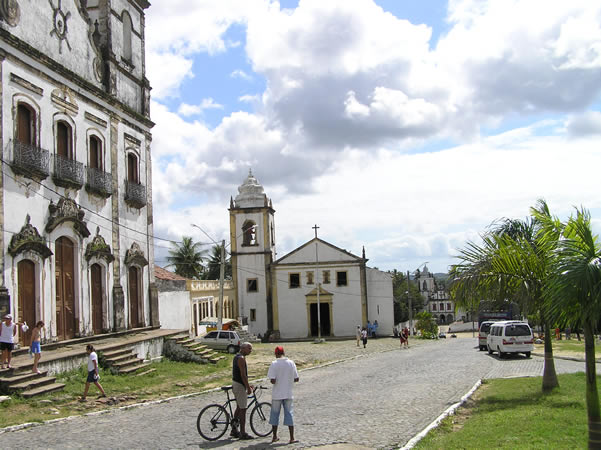
Written by Marco Ramerini. English text revision by Dietrich Köster. Igarassu (Igaraçu) is a beautiful little village situated 30 km north of Recife. In 1535 the Portuguese Duarte Coelho landed on this place to occupy his captaincy, donated by the Portuguese Crown. Duarte Coelho installed a stone mark, functioning as a dividing spot between the […]
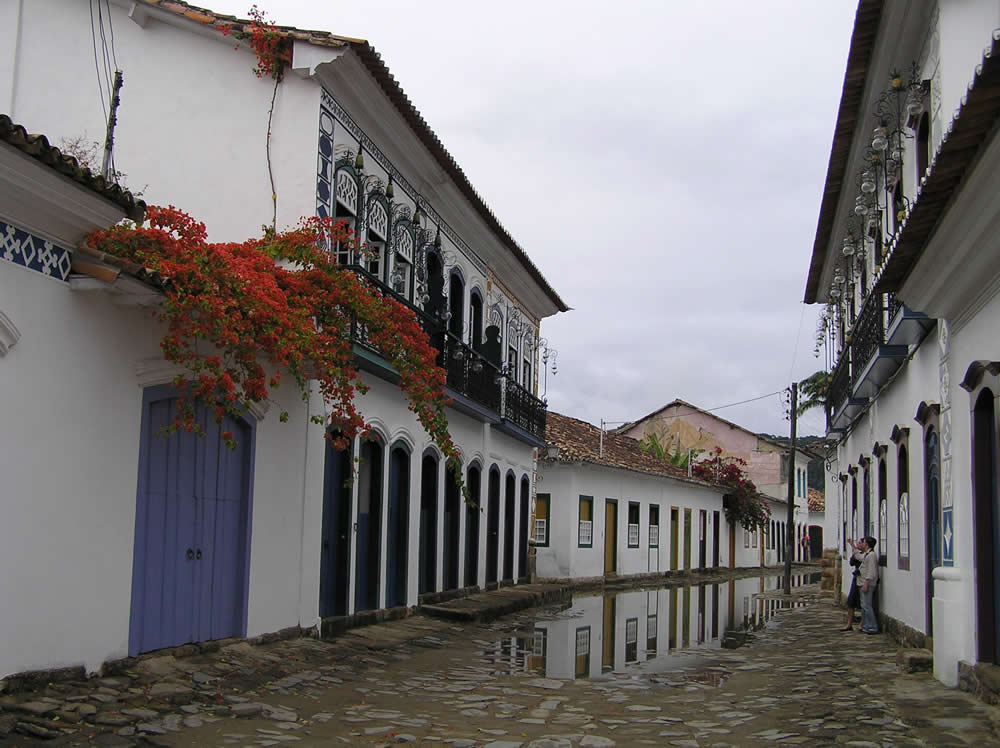
Written by Marco Ramerini. English text revision by Dietrich Köster. The main attraction of Paraty is its historic center with beautifully preserved colonial architecture. It is a day trip from the city of Rio de Janeiro. The distance is 240 km and it takes 4 hours to reach Paraty with a car along the beautiful […]